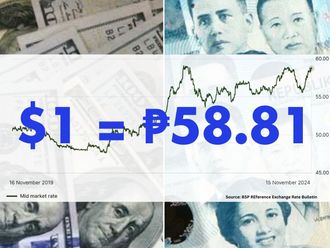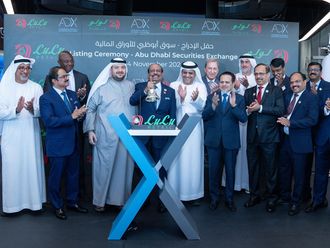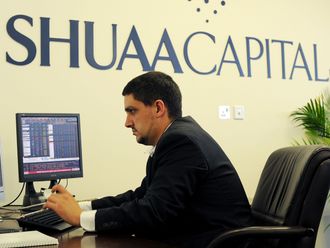Riga: The Eurozone should expel near-bankrupt Greece as soon as possible as the country is dragging on the region’s recovery, the finance minister of euro candidate country Latvia has said.
Andris Vilks’ unusually blunt comments came after politicians in Athens failed on Thursday to sign off on fresh austerity measures, fuelling concerns that Greece could yet be forced to quit the single currency zone.
“It must be understood that one cannot entertain illusions that one can keep Greece in the Eurozone,” Vilks said in an interview on Latvian public radio, adding that European efforts to deal with the crisis were far too slow.
“A way should be found as soon as possible to expel Greece from the Eurozone with as little pain as possible. My personal solution [is to do that] as soon as possible,” he said.
Latvia hopes to join the common currency bloc in 2014 and the IMF said in a report earlier this month that it may just be able to meet all the criteria early next year but that margins were tight. The IMF said Latvia still needed to work to bring down inflation and long-term interest rates. Greece has been waging an uphill battle to convince sceptical lenders it merits further aid despite a history of failed pledges to reform and hit targets under bailouts from the European Union (EU) and International Monetary Fund (IMF).
The EU and the IMF, which also provided Latvia with a lifeline during a deep recession in 2009, have praised the Baltic nation for implementing tough austerity measures to fix its economy.
Latvia kept its currency pegged to the euro and has recovered relatively quickly from the crisis which caused economic output to drop by a fifth.
Its economy posted 5.5 per cent growth in 2011, but its future prospects largely depend on how the Eurozone, its major trading partner, deals with its crisis.
Despite the much bigger crisis sweeping the euro bloc, Latvia sees joining it in 2014 as safer than keeping its own currency, the lat.
Latvia’s finance minister also told the public radio that it could help Greece transition to a national currency as Latvia itself transitioned from the Soviet rouble to its own national currency in the 1990s when it won its independence from Moscow in 1991.
“We know how to do it, we can help. We know how to change from one currency to another, how to transform the economy. If there is a need for help from the international organisations, they can do that,” he said.
“But Greece cannot continue to block or drag down the mood of the whole Eurozone,” Vilks added.
REUTERS












